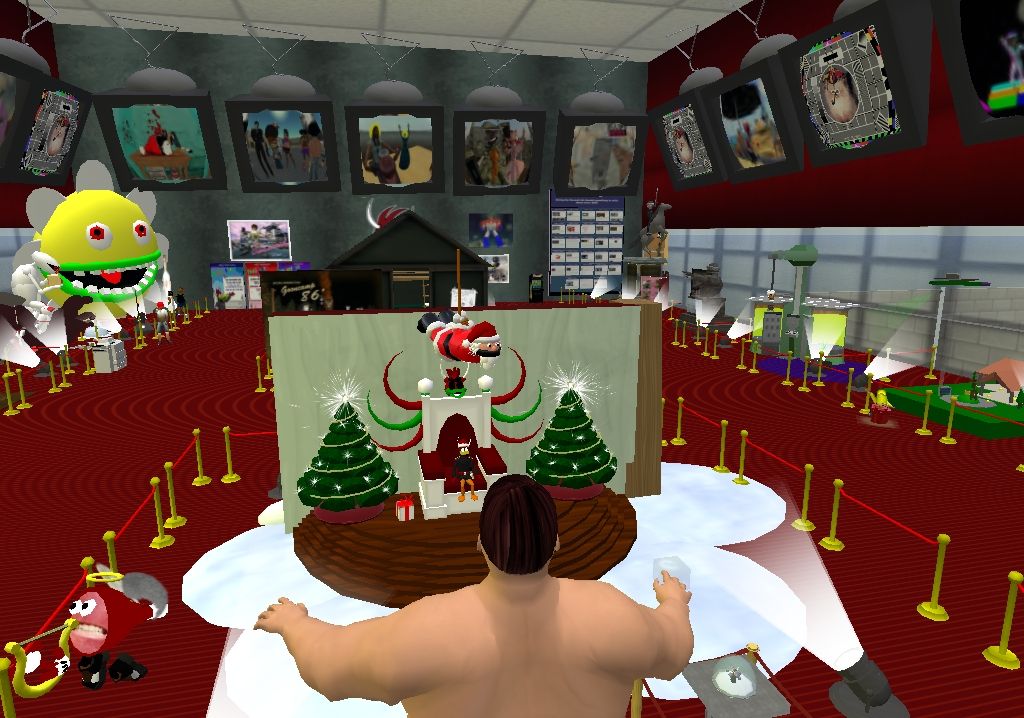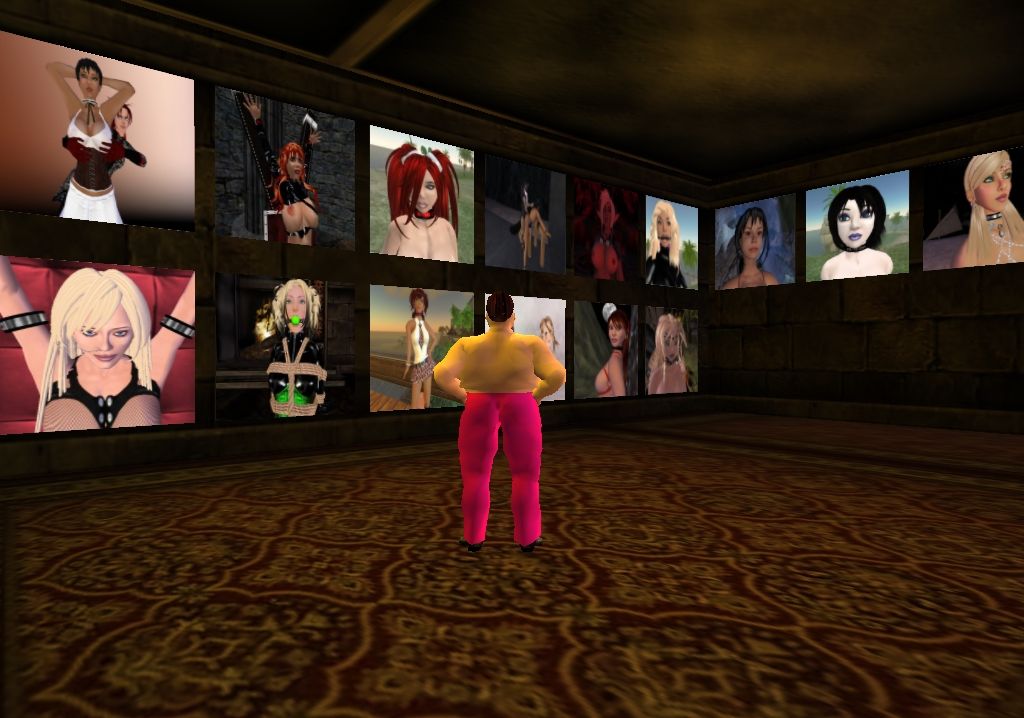Retro Replay Review
Gameplay
Second Life drops you into a sprawling virtual sandbox where your only limit is your imagination. From the moment you log in, you can socialize in bustling city plazas, explore serene nature preserves, or launch into themed role-play communities that cater to every niche interest. The freedom to choose your path—whether you’re here to dance at live music venues, compete in PvP games, or simply chill in a virtual café—makes each session unique.
(HEY YOU!! We hope you enjoy! We try not to run ads. So basically, this is a very expensive hobby running this site. Please consider joining us for updates, forums, and more. Network w/ us to make some cash or friends while retro gaming, and you can win some free retro games for posting. Okay, carry on 👍)
One of the game’s standout features is its built-in creation toolkit. Using Linden Lab’s proprietary Linden Scripting Language (LSL), you can build everything from simple primitives to fully interactive objects. Rookie builders will appreciate the straightforward “prim” system that lets you assemble cubes, spheres, and cylinders into complex shapes. Meanwhile, more ambitious creators can script physics-enabled items like bouncy beach balls or driveable robots, turning the world into an evolving experiment.
Customization extends to your avatar, too. Attach any object you’ve built—or “rezzed”—to your character’s body, and suddenly you’re a robot warrior, a zombie stalker, or even an anthropomorphic fox. The layering system allows multiple attachments and animated gestures, resulting in expressive avatars that reflect your personality. With a thriving marketplace, you can also purchase outfits, animations, and accessories crafted by other residents.
Graphics
Visually, Second Life strikes a balance between user-generated content and system performance. Because almost every object is created by players, you’ll encounter a variety of art styles—from hyper-realistic cityscapes to whimsical, low-poly environments. This eclectic mix keeps exploration fresh, as you never know whether you’ll stumble into a neon nightclub or a serene Japanese garden.
The engine supports dynamic lighting, shadows, and water reflections, enhancing immersion when you have the right hardware. However, graphics quality can vary depending on the creator’s skill and optimization. Some sims are meticulously optimized, running smoothly at high resolutions, while others can become laggy and texture-heavy during peak hours. Tuning your graphics settings and choosing the right viewer can greatly improve performance.
Avatar rendering also benefits from the system’s robust customization options. You can tweak facial features, body morphs, and even skin shaders to achieve lifelike or stylized looks. While there is a learning curve to perfecting your avatar’s appearance, the results can rival dedicated character creators in modern MMOs. The visual diversity among users creates a vibrant, ever-changing tapestry of personalities.
Story
Second Life doesn’t present a linear storyline in the traditional sense. Instead, it offers an open-ended, user-driven narrative where you write your own adventures. Whether you team up with friends to build a business empire, join a sci-fi role-play group in a spaceship colony, or host live poetry readings in a bohemian loft, the story unfolds organically through interactions with other players.
This emergent storytelling is bolstered by rich community events. You might find yourself at a virtual charity gala, a steampunk airship derby, or a midnight rave inside a digital canyon. Each event creates new memories and social bonds, effectively making the community the game’s narrative engine. The world’s rating system—PG or Mature—also ensures that you can find stories that suit your comfort level, from family-friendly gatherings to late-night, adult-oriented adventures.
If you’re a content creator, you can craft your own scripted experiences and quests. Using LSL, you can design interactive missions or puzzle hunts that guide players through your custom-built environments. This DIY approach to storytelling means that the depth and quality of the narrative are often limited only by your scripting skills and creativity.
Overall Experience
Second Life is more than just a game—it’s a living, breathing virtual society. The in-game economy, driven by Linden Dollars, mirrors real-world commerce. You can buy and rent land, open shops, and trade goods or services. Some residents have even turned their creations into full-time businesses, exchanging virtual earnings for real cash through PayPal or check. The premium subscription unlocks land ownership and VIP perks, further enhancing your virtual lifestyle.
The community is its greatest asset, but it can also present challenges. Newcomers may feel overwhelmed by the sheer volume of options—social hangouts, building classes, group politics, or marketplace hustling. Fortunately, a robust group system lets you join or create communities based on interests, with hierarchical roles and private sims that foster close-knit collaborations. Once you find your niche, you’ll discover an endless stream of activities and friendships.
Ultimately, Second Life rewards curiosity and initiative. If you’re looking for a rigid storyline or fast-paced combat, you may find the experience slow to start. However, if you crave creative freedom, social interaction, and the thrill of building something truly your own, Second Life remains a one-of-a-kind platform. It’s a digital frontier where your ambitions can take flight—provided you’re willing to invest time in mastering its systems and carving out your own place in a vast virtual universe.
 Retro Replay Retro Replay gaming reviews, news, emulation, geek stuff and more!
Retro Replay Retro Replay gaming reviews, news, emulation, geek stuff and more!









Reviews
There are no reviews yet.